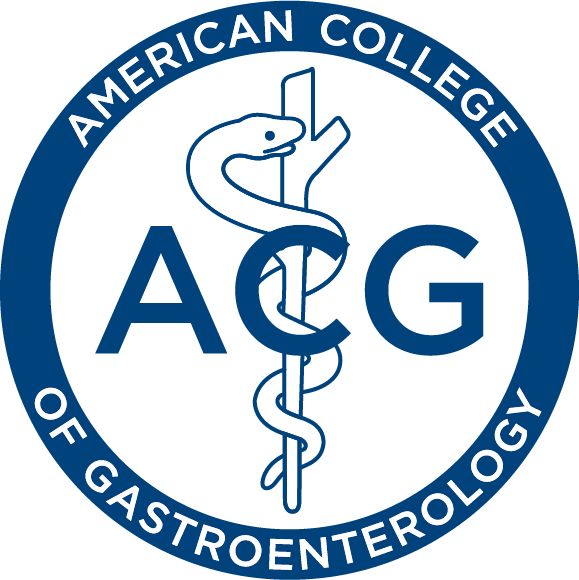Newswise — New ACG Clinical Guidelines on the management of acute pancreatitis are featured in the March 2024 issue of The American Journal of Gastroenterology. This issue also includes a guideline released in conjunction with the Society of Abdominal Radiology on imaging in GI bleeding, and articles on colonoscopy, IBD drugs in pregnancy, pediatric Crohn’s disease, cirrhosis, IBS, and more.
The new guideline and several articles are highlighted below; access to any articles from this issue, or past issues, is available upon request. The College is also able to connect members of the press with study authors or outside experts who can comment on the articles.
American College of Gastroenterology Guidelines: Management of Acute Pancreatitis
Tenner, et al.
This updated ACG Clinical Guideline recommends early intervention in acute pancreatitis, particularly with aggressive hydration and close monitoring of vital signs and urine output following hospital admission. In mild acute pancreatitis, the guidelines also recommend feeding a low-fat solid diet within 24 to 48 hours, versus the traditional method of withholding food.
Author Podcast with 1st author Scott Tenner, MD, MPH, JD, FACG
The Role of Imaging for Gastrointestinal Bleeding: Consensus Recommendations From the American College of Gastroenterology and Society of Abdominal Radiology
Sengupta, et al.
In partnership, ACG and the Society of Abdominal Radiology developed consensus recommendations to optimize imaging as a tool for managing GI bleeding. They provide recommendations for various GI bleeding scenarios and the advantages and limitations of specific imaging tests including CT angiography, nuclear medicine, catheter angiography, and Meckel scan.
Visual Abstract
Satisfaction With Life in IBS Is Associated With Psychological Burden Rather than Gastrointestinal Symptom Severity
Snijkers, et al.
Based on responses from questionnaires completed by patients from the Maastricht Irritable Bowel Syndrome cohort study, the authors examined patient satisfaction and quality of life among IBS patients. They found that 71.3% of IBS patients were satisfied about their life and GI symptom severity did not seem to be an independent risk factor for higher general life satisfaction, emphasizing that GI symptom treatment should not be the sole focus of IBS patient care—mental and physical quality of life play a key role as well.
Visual Abstract
A Study of Dietary Patterns Derived by Cluster Analysis and Their Association With Metabolic Dysfunction-Associated Steatotic Liver Disease Severity Among Hispanic Patients
Zhang, et al.
Using a cluster analysis, the authors of this study identified two primary dietary patterns among Hispanic patients with metabolic-associated steatotic liver disease (MASLD): a fast-food/meat pattern and a plant-based pattern. They found that the fast-food/meat diet was associated with 2.5-fold higher odds of more severe steatosis than the plant-food-based diet, regardless of demographic, lifestyle, and metabolic characteristics.
About the American College of Gastroenterology
Founded in 1932, the American College of Gastroenterology (ACG) is an organization with an international membership of over 18,000 individuals from 86 countries. The College’s vision is to be the preeminent professional organization that champions the prevention, diagnosis, and treatment of digestive disorders, serving as a beacon to guide the delivery of the highest quality, compassionate, and evidence-based patient care. The mission of the College is to enhance the ability of our members to provide world class care to patients with digestive disorders and advance the profession through excellence and innovation based upon the pillars of Patient Care, Education, Scientific Investigation, Advocacy and Practice Management. www.gi.org
MEDIA CONTACT
Register for reporter access to contact detailsCITATIONS
The American Journal of Gastroenterology

